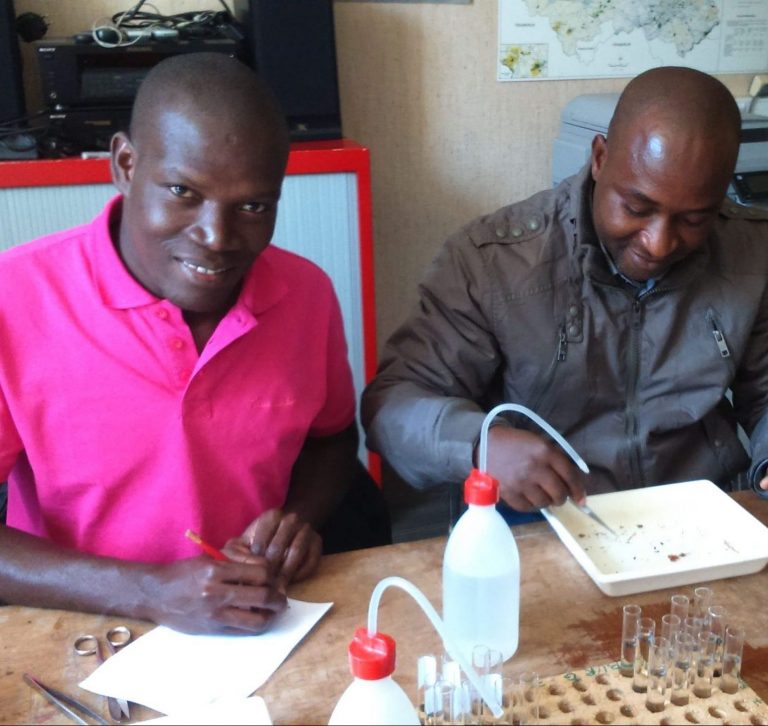
Taxonomic identification and assessment of the invasion risk by exotic and invasive ant species in Côte d’Ivoire (2015, 2016) &
Can urban parks and forested green spaces be considered as an alternative to biodiversity conservation in Abidjan district? Ants as case study (2017)
Internship details
2015, 2016 and 2017
Royal Belgian Institute of Natural Sciences
Dr. Dekoninck Wouter
Animalia – Arthropoda – Insecta – Hymenoptera – Formicidae
2015 & 2016 internships:
Biological invasion by exotic organisms and habitat destruction (urbanization) remain the main causes of biodiversity loss on a global scale. Although this phenomenon has become problematic as a result of human activities, studies dealing with exotics and potentially invasive organisms, especially invasive ants in many emerging countries such as Ivory Coast, are insufficient.
Therefore, this project will focus on the early detection and identification of introduced potentially invasive ant species in urban habitats and the assessment of exotic ant invasion risk in Côte d’Ivoire. Many samples and data were collected in cities and entry ports (port, cities of frontier zone, industrial zone), and in protected areas. This project will allow Mr. Kouakou to get access to collections of RBINS, to familiarize himself with the identification of invasive ants, and to use digitalization equipment of the museum to build a photographic library of invasive ants based on specimens from the museum and own collections, in order to develop an identification tool for future taxonomic research. This proposal will also allow him to do barcoding of my potentially invasive ants followed by phylogenic inference with invasive ants of other regions worldwide.
2017 internship:
The depletion of natural habitats due to urbanization is one of the biggest problems for the conservation of biodiversity. In urban ecosystems, native species either adapt or disappear whereas exotic and invasive species are favored by expansion of urban areas. Although urban parks and green spaces may serve as refuges for native species of plants and animals, studies focusing on biodiversity conservation values of these habitats are lacking, despite their decline in the city of Abidjan due to illegal occupation, illicit sale and housing.
This project which will constitute a large part of Mr. Kouakou’s PhD thesis aims to assess the role of urban parks and green spaces in biodiversity conservation using ants as biological indicators. This proposal will allow him to acquire new skills on the field of urban ecology and finally identify and digitalize the ants collected during this last survey.
Discover more about this GTI project by: